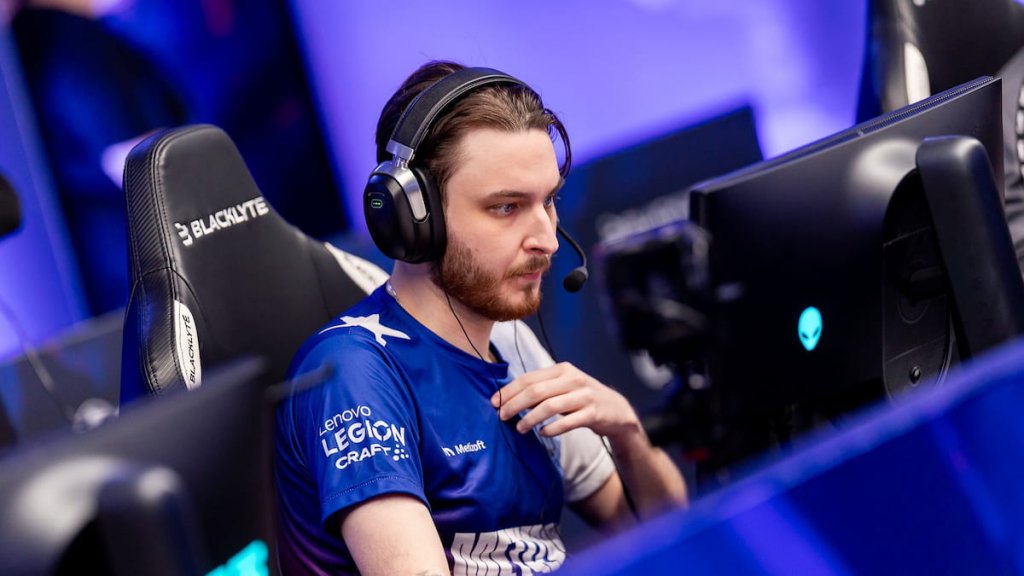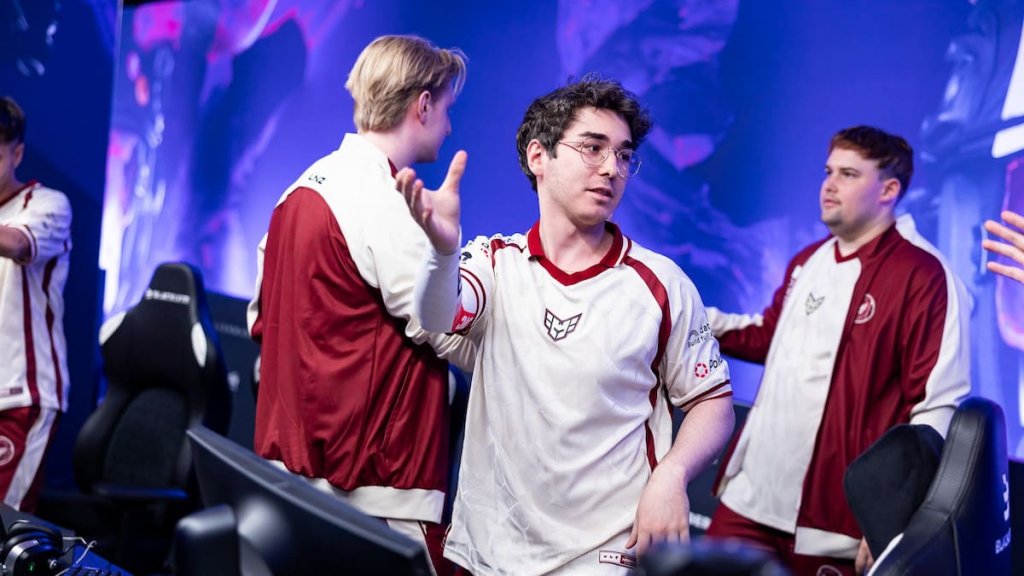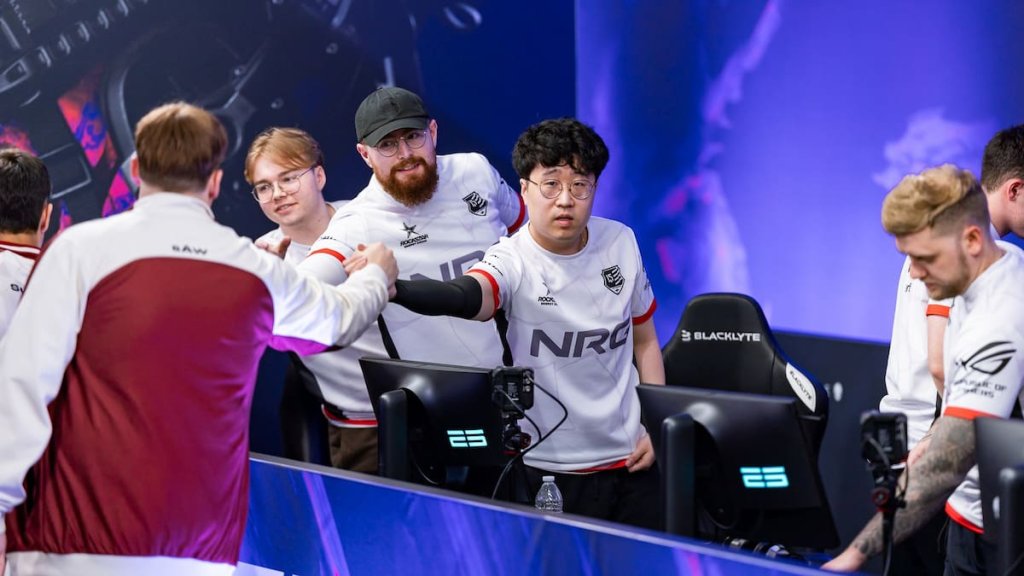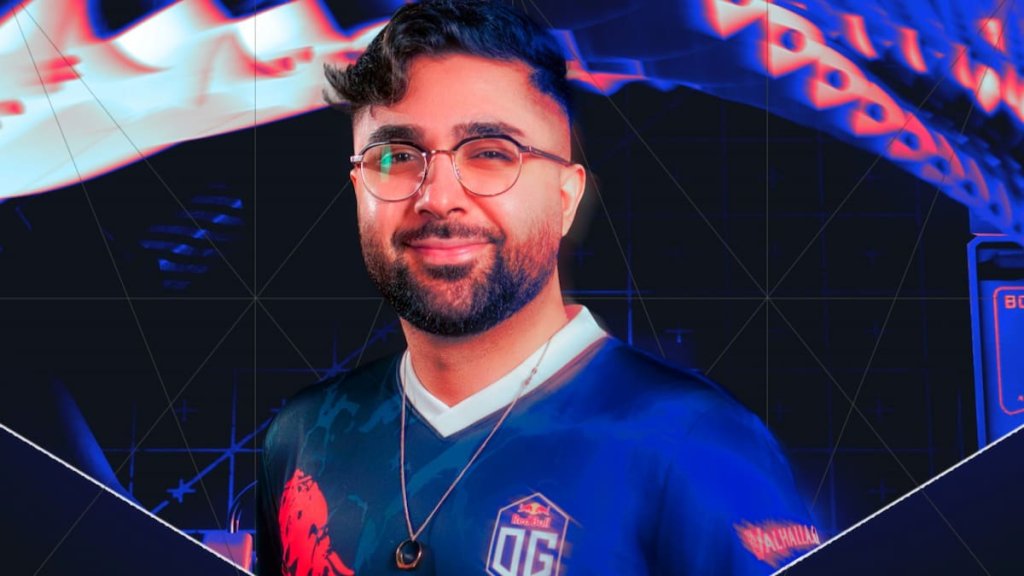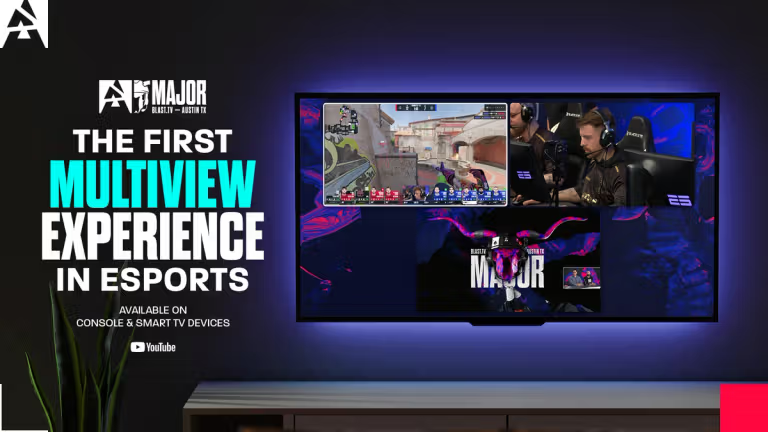
The Esports Integrity Commission makes big moves to start off the season
The Esports Integrity Commission (ESIC) went on a bit of a spree this past week with a series of sanctions issued across the competitive landscape.
First up, a wave of bans was unleashed across professional CS GO, removing 35 players from the game for a year or more. Additionally, Team Vitality earned themselves a hefty fine by simply having a monitor with a delayed stream in the background. Finally, Esports Charts became a new ESIC partner and set to publish periodic reports gauging certain industry risk metrics.
Here are all the big move the ESIC is making to start off the season.

ESIC ban CSGO players for betting offences
One of the biggest CSGO ban waves to date in terms of the caliber of players knocked out of the title took place last week. Its effects might even go beyond CS GO involving players now active in different games. The CS GO ban wave comes as a result of match-fixing, intentionally throwing games to win bets and make money off of games.
The decision came after a full investigation took place from esports watchdog groups. They investigated a number of players to find out the extent of the match-fixing scandal. The matches in question took place in Australia and America. Although, the majority of the players disciplined were active in Australia. 35 individual players in total have been sanctioned for match-fixing, which shows far the problem goes.
The players involved in match-fixing conducted bets through Ladbrokes, betting on outcomes they would then ensure happened in-game. This isn’t the conclusion of this particular investigation either. It is possible that the ESIC will find more players involved in the future, as the investigation is ongoing. Some players that had previously been banned for the same reason have had their bans increased as it has emerged their misconduct was more extensive than previously thought.
Which Players Were Banned for Cheating in CS GO Ban Wave?
These were the players banned from the game following this investigation:
Jeremy Lloyd (Motion)
Patrick Romano De Sousa (falcon)
Johnathan Sackesen (Del)
Grayson Uppington (Vax)
Aidan Wringi Jones (meta)
Kaito Massey (minusthecoffee)
Mason Travaskis (msn)
John Grima (jcg)
Issac Dahlan (prodigy)
Billy Thomson (beetee)
Kieren Jackson-Clapper (Muzoona)
Matthew Zdilar (Mako)
James Lytras (Vertex)
Damon Portelli (Lakers)
Jak Robinson (jtr)
Daniel Mort (rekonz)
Nicholas Guilotti (lato)
Marcus Kryiazopoulos (mdk)
Joel Kurta (pearss)
James MacPhail (jamie)
loanTuleasca (bowie)
Joshua Wilson (joshaaye)
Ryan Clarke (kragz)
Roman Santos (matr1kz)
Cailan Lovegrove (caily)
Andy Zhang (Noobster)
Jaydan Grahem (foggers)
Sam Mitchell (tham)
Mate Poduje (habbo hotel)
Samuel Jarvis (samy)
Daniel Zhang (deezy)
John Zhu (wots)
Matthew Castro (jam)
Alvin Changgra (Gravins)
Wilson Sugianto (willyks)
These were all active CS GO players, but some have since moved on to other titles. Some of these players are now involved with the growing Valorant esports scene. Riot Games does not follow ESIC’s mandate however, nor any decisions are enforceable in their competitive ecosystem.
Vitality fined during BLAST Premier Global Final
Team Vitality earned themselves a hefty fine this past weekend, after ESIC concluded the team were in breach of their code of conduct. There was no malicious intent found, nor was the team or players benefiting from a delayed stream in any way, yet the fact there was a screen showing the live broadcast on a monitor within the same room of a match being played was enough to sanction the offence.
Both Team Vitality, ESIC and the BLAST Comissioners issued statements reinforcing that no malicious intent was present and the issue arising of basic negligence was resolved swiftly.
New partnership on the horizon
ESIC just announced their first data partnership earlier today. Esports Charts the real-time in-game data provider will provide ESIC access to their data, in order to help all operations. On the other hand Esports Charts will publish periodic reports related to integrity and industry risk.
One added benefit to this partnership will be combined effort by both organizations to provide data accessibility for academics interested in the esports field.
Stephen Hanna, ESIC’s Director of Global Partnerships, commented:
[cta id=2581 type=geo]ESIC is happy to have Esports Charts join ESIC as a Data Partner. This partnership with Esports Charts will allow ESIC to tap into reliable data which will help ESIC stay informed about the industry trends relevant to its operations. Further to this, ESIC is looking forward to working with Esports Charts in order to augment academic prospects within the esports field through the facilitation of data accessibility. Data Partnerships like this one are vital to ESIC’s ongoing success.
Is CS GO’s Integrity Compromised?
A larger question raised recently, pertains to the integrity of competitive CS GO as a whole. While most big offenses were mainly contained to one area and competitive region, it is still a major incident and it might have affected a lot of matches. How can fans feel safe in watching or betting on events with players colluding in this way?
While this measure was harsh, the lengthy bans handed out will make it difficult for these players to stay viable in the competitive side of the game. Finally, with harsh punishments and the knowledge that watchdogs are investigating suspicious behavior, other players should be adequately discouraged from pursuing the same ideas.
Fans might feel a little uncomfortable betting on CS GO again right away, but continued punishments for players exploiting the game should keep CS GO fair.
Read next: ESL 2021 tournament calendar features a packed schedule!
